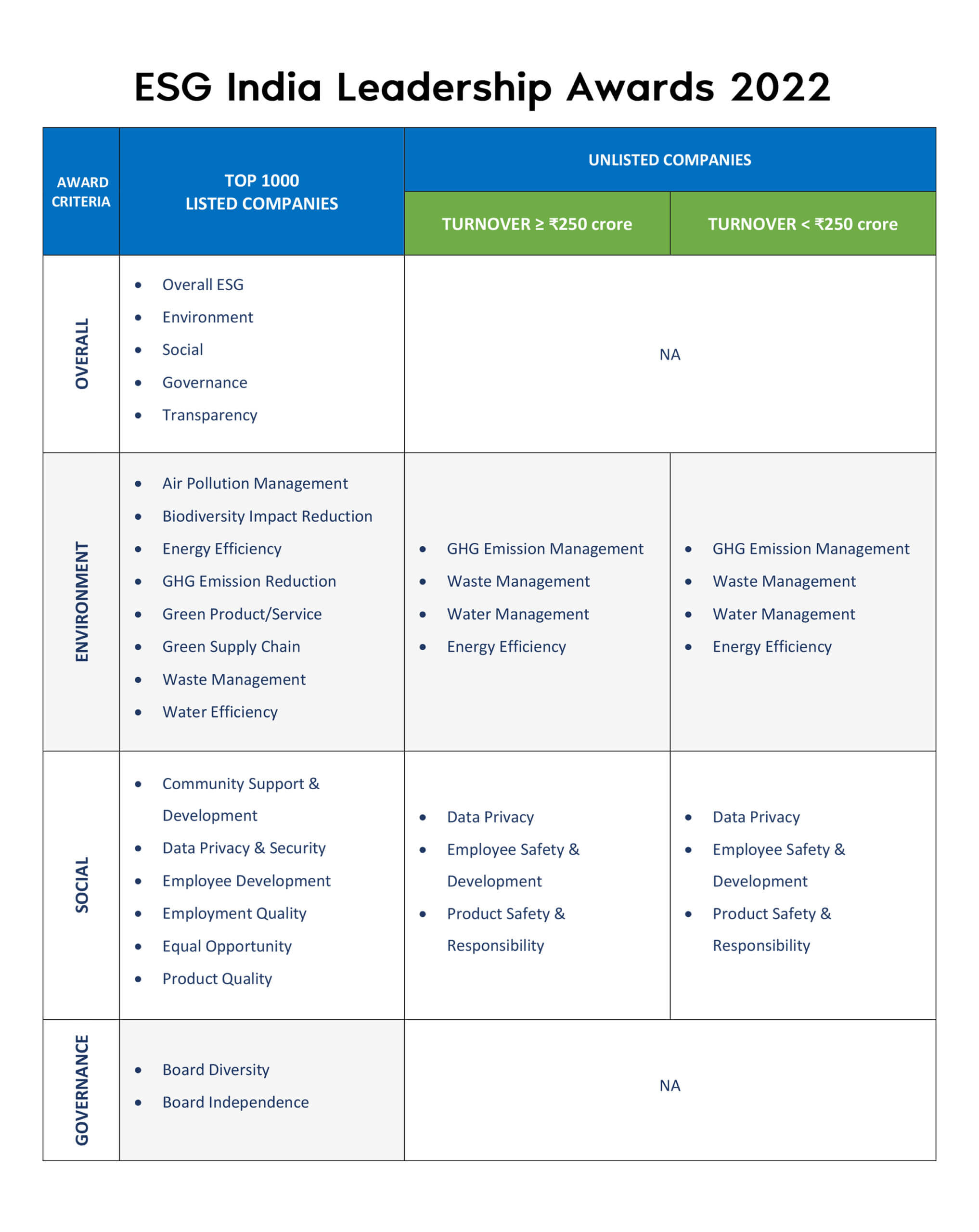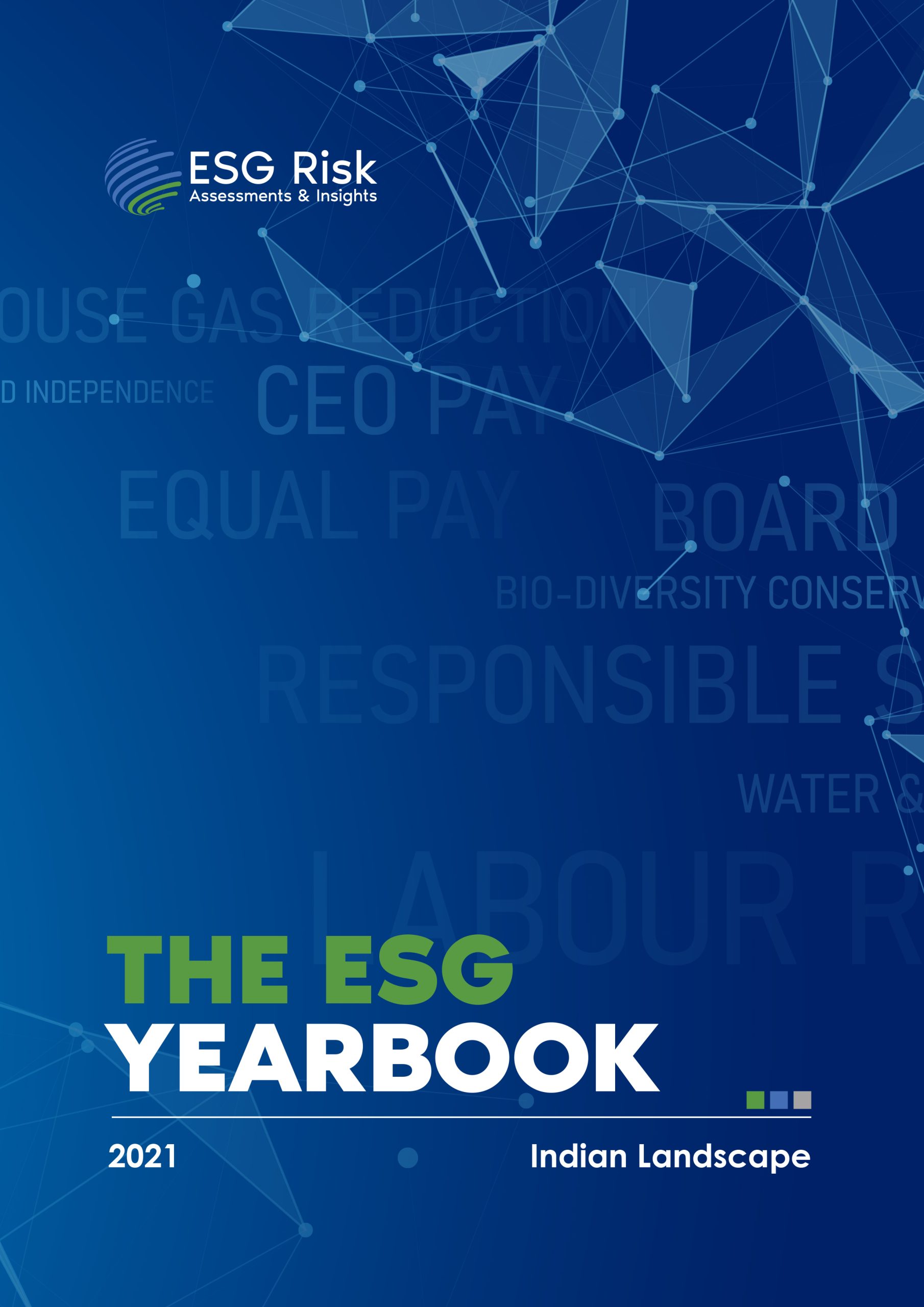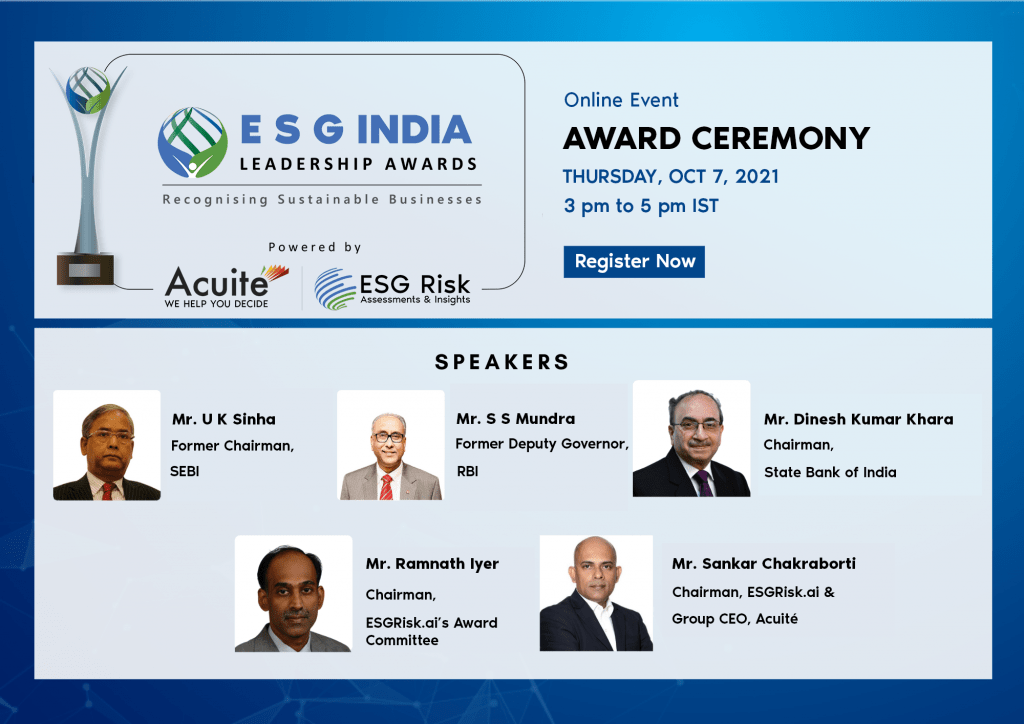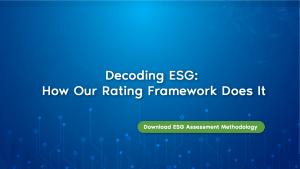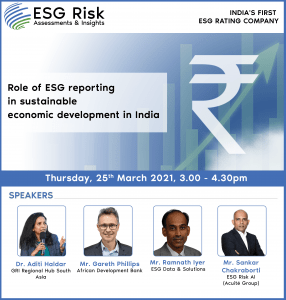“ESG analysis is an extension of the existing security evaluation process” - Ruchit Mehta, SBI Magnum Equity ESG Fund
Ruchit Mehta, Fund Manager, SBI Magnum Equity ESG Fund speaks to us about the direct repercussions of ESG parameters on the Indian economy, rising appreciation of ESG funds among investors and evaluating sustainable business practices of companies.

Why ESG parameters are critical for India?
The issues covered under ESG analysis are universal and not just pertaining to a specific country a company is domiciled in or does business. Perhaps for a developing nation like India, it is even more important to focus on the sustainability of business practices. For example, the issue of fair remuneration is critical for a country like ours where labour is prone to be short changed. Ensuring fair wages can be beneficial to the entire ecosystem, making the business a lot more sustainable. The business benefits from a stable and loyal workforce likely to be more productive and efficient.
Air pollution, for example, is a serious challenge for India as it has direct repercussions on the economy through a higher health care cost burden. Over time there will either be self-correction by companies or there will be forced action with tightening regulations/better competing technologies or a combination of both can be seen playing out in the automobile industry.
As a fund manager, what is your opinion on investor expectations when they look at ESG funds or the fund houses which are sustainability conscious?
Investors in India are very quickly understanding the importance of ESG factors and the risk they present to a business’ long-term sustainability. It has come a long way from simply being about investing in companies which do good or are in clean tech businesses, to a more holistic approach about evaluating the sustainability of a business. With ESG factors becoming more prominent in the evaluation of a company, and the resultant impact on the valuation of a firm, there is a rising appreciation among investors. From an understanding and knowledge perspective the institutional investors are ahead of the curve at this point.
What challenges do you face in selecting ESG compliant companies? Will an independent ESG Rating aid in your decision making?
There are three primary challenges for an ESG investors. First is about the misunderstanding of ESG compliance. Unfortunately, companies and investors use the compliance yardstick to disclose data/ evaluate companies. However, it is important to see the sustainable business practices of a company and how they are embedded in the company’s operating philosophy. The second challenge is getting over the notion that ESG investing is about investing into companies which are good corporate citizens or about investing in clean tech businesses. When one looks at ESG factors and the risks they present, it applies to all companies. ESG analysis is, in some sense, an extension of the existing security evaluation process. The third challenge is getting quality data. Many firms do not disclose sufficient data or documents which can be critical to proper assessment of ESG risks. This is improving with regulators mandating disclosures, investors becoming cautious and hence asking for more data and finally the companies realising it in their interest, as it can help attract cheaper sources of capital.



